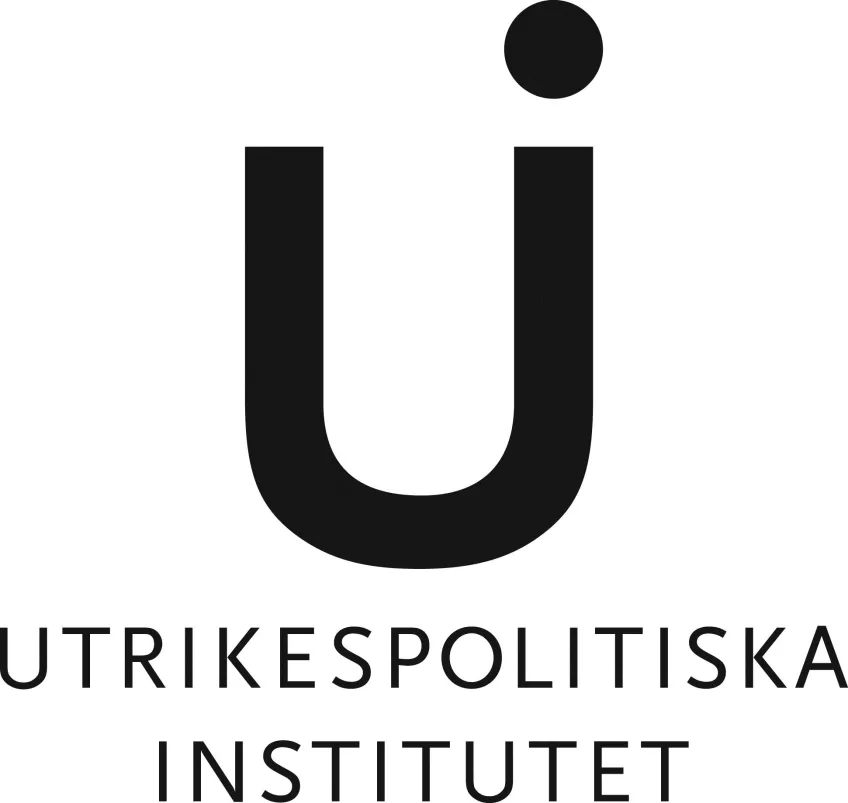Asia is becoming an increasingly important economic and political arena in world affairs. Developments in the region have global consequences. South Asia (Afghanistan, Bangladesh, Bhutan, India, the Maldives, Nepal, Pakistan and Sri Lanka) is the home of about a fifth of the world’s population. India is estimated to become the world’s third largest economy within a couple of decades. The population of the region is young and is looking for a change.
The stability and prosperity of South Asia might however be challenged by a deepened rift between the nuclear powers India and Pakistan, by the crisis in Afghanistan and by emerging tensions between the major regional powers India and China. Given this, there is a great need to raise awareness about South Asia and its place in the wider world. Therefore, UI and SASNET are now launching a long-term collaboration on research and analysis of South Asia.
- There is a shift occurring in the global system. Sweden and Europe need to become aware of how developments in India, South Asia, and Asia generally influence global processes, says Henrik Chetan Aspengren, researcher at UI and responsible for the new South Asia initiative.
- South Asia has been standing in the shadow of China and East Asia in Sweden for some time, which is unfortunate. The development in India and South Asia is very important for Sweden and Europe. This collaboration will give us the opportunity to highlight this, both in the public discourse and to policymakers, says Andreas Johansson, researcher at Lund University and head of SASNET.
The South Asia-focused collaboration between UI and SASNET will be the first of its kind in Sweden. It will connect two advanced research-environments with a strong competence in multiple research fields. Aspengren stresses that the collaboration will include both long-term research projects and continuous analysis of the political, social and economic development in the region. This environment will be capable of attracting new researchers and collaborations, and create a flow of researchers between UI and SASNET.
- Our ambition is to create a very competent and competitive research-environment with regard to South Asia, says Andreas Johansson.
Björn Jerdén, head of UI’s Asia Programme, feels excited by the project:
- UI have for some time been doing extensive research on East Asia. Now we get an opportunity to provide more comprehensive insights about developments in Asia as a whole, which is becoming the world’s economical and maybe even political center. The development of the relations between India, China and Japans is, for example, of central importance.
For more information, please contact
Andreas Johansson
Henrik Chetan Aspengren
Björn Jerdén
Link to The Swedish Institute of International Affairs (UI) hompage
Text by the Swedish Institute of International Affairs
